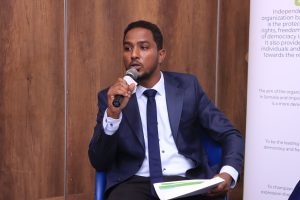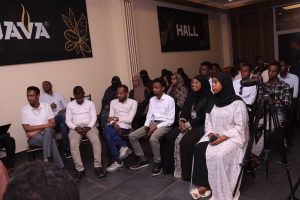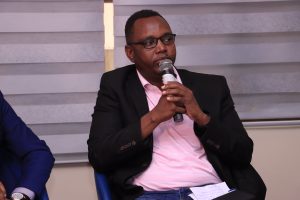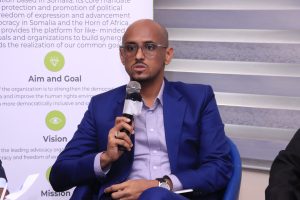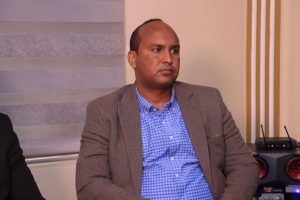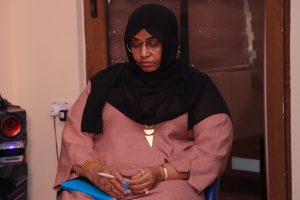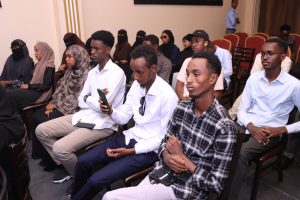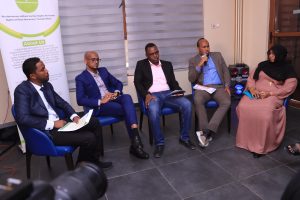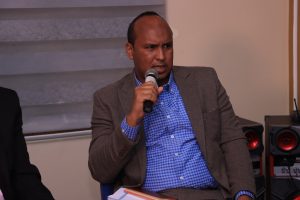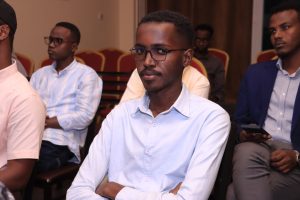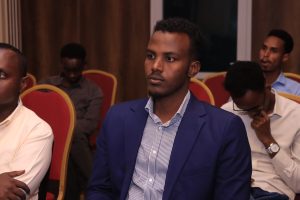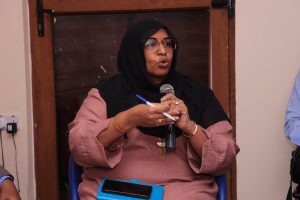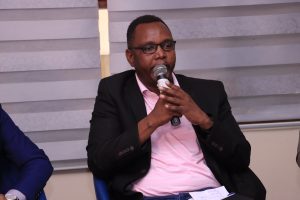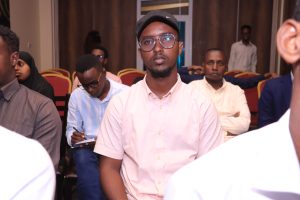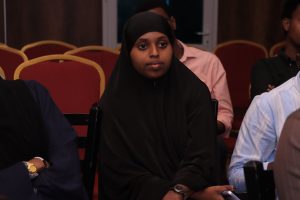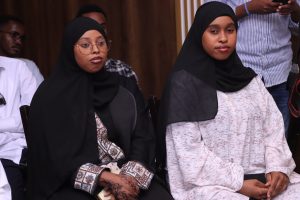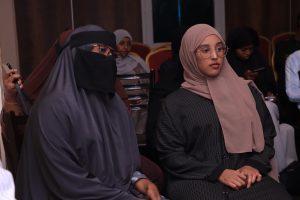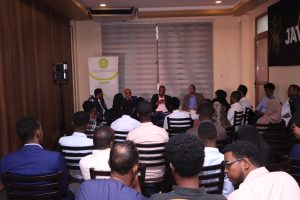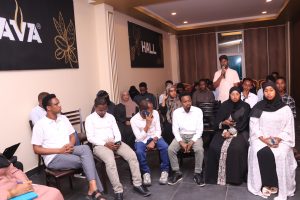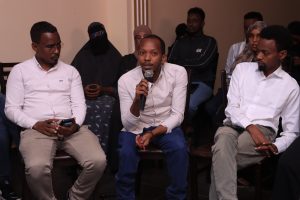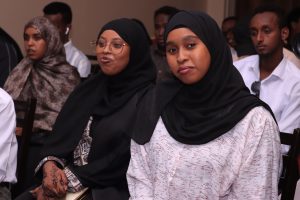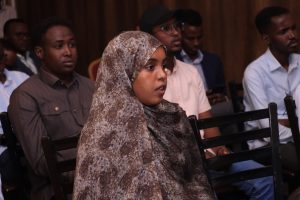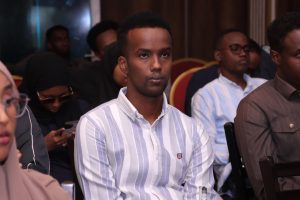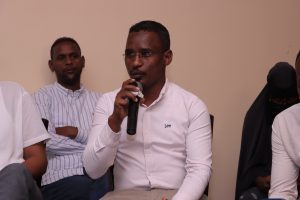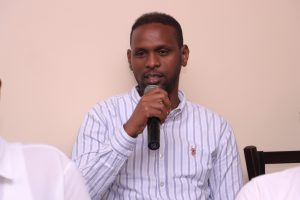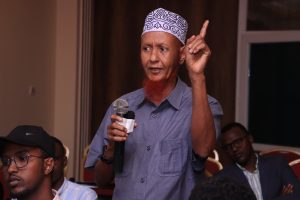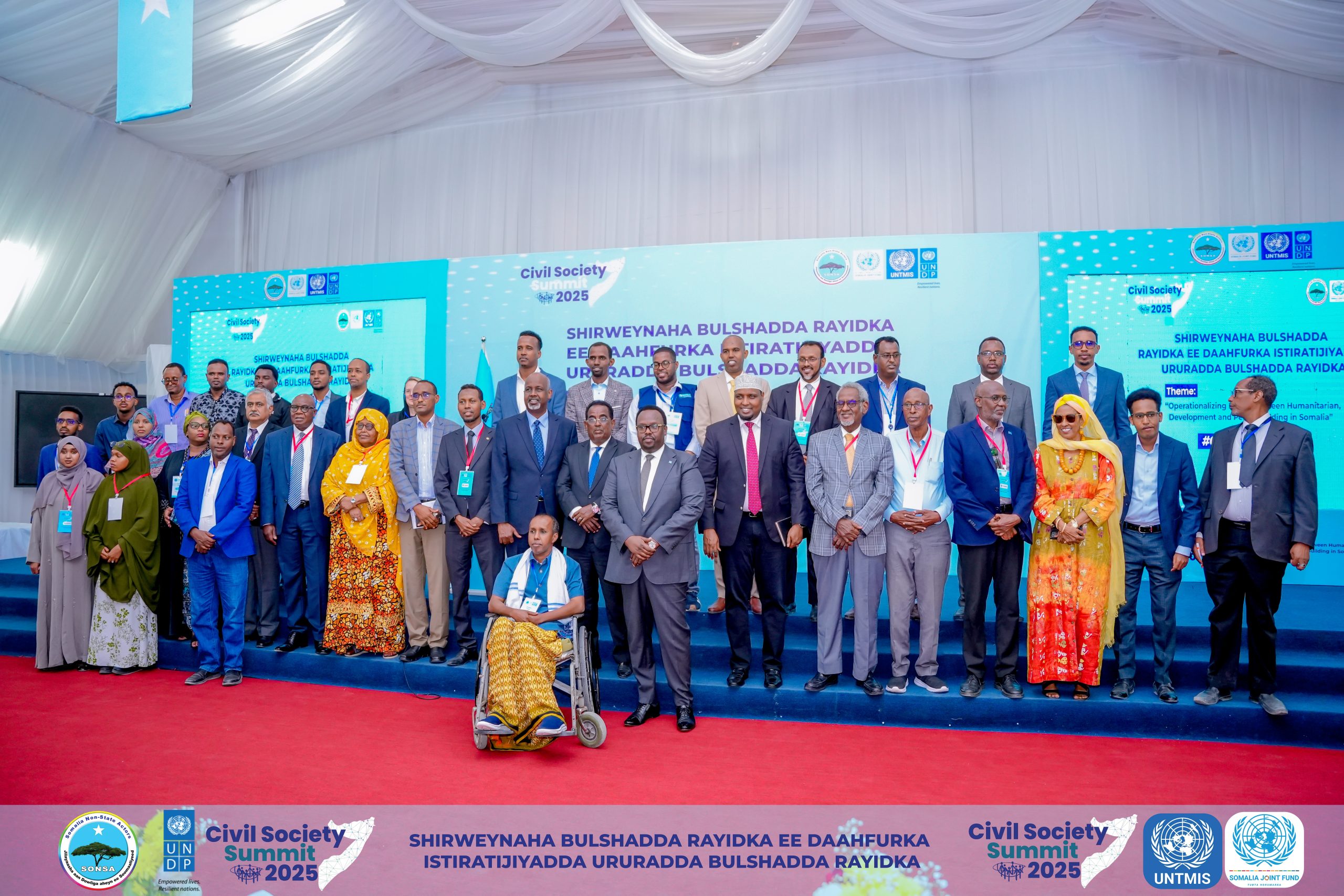A significant step toward institutionalizing human rights protections in Somalia was marked at a recent public forum hosted by Independence House, where government officials, legal experts, civil society representatives, and citizens discussed the formation of the country’s first independent human rights commission since the civil war.
The discussions centered on the importance of anchoring the commission in the Somali Provisional Constitution and ensuring it adheres to international standards, particularly the Paris Principles, which set out the minimum standards for national human rights institutions to be considered credible and effective.
A Constitutional Milestone
The forum underscored that the commission is not just another agency—it is a constitutional body. According to speakers at the event, including officials from the Ministry of Family and Human Rights Development, the formation of this commission is a long-overdue process that reflects Somalia’s efforts to build democratic institutions rooted in rule of law and public accountability.
The Provisional Constitution envisions independent commissions as essential instruments of governance, and the human rights commission is central among them. It is tasked with overseeing government policies, decisions, and legislation to ensure they align with constitutional and international human rights standards. Once formed, the commission will also receive and investigate public complaints and issue regular reports on the human rights situation in the country.
Navigating a Complex Process
The formation process, as explained by ministry officials, involves multiple stages and actors. Each federal member state has nominated two representatives to the ad hoc evaluation and selection committee, along with two from the federal ministry. This committee is currently reviewing candidates through written and oral examinations. After its review, the final list will be submitted to the cabinet, then to the Lower House of Parliament, and finally to the President for approval. Once endorsed, the commission members will select a chairperson, deputy, and secretary.
Forum participants stressed the importance of transparency and fairness at every stage. The process must be fully compliant with the Paris Principles, which include standards for independence, mandate, pluralism, and accountability. Any deviation risks undermining the commission’s legitimacy, including the potential loss of its status among global human rights institutions.
Public Scepticism and Civil Society Concerns
Despite the structured process, scepticism remains. Civil society representatives at the forum raised concerns about perceived contradictions and irregularities. One key point of contention was the participation of civil servants in the candidate selection process, which was previously ruled out by the chair of the selection committee. Critics argued this inconsistency undermines trust in the credibility of the process.
“We need a commission that will genuinely defend public rights, particularly those of women and children, who have borne the brunt of human rights violations in Somalia,” said one speaker. “But if the process is flawed from the beginning, how can we expect credible outcomes?”
Others questioned the government’s commitment, citing a history of delays and failed attempts to form the commission. There were calls for greater involvement of non-state actors, independent observers, and women’s rights groups in the evaluation stages to build broader public trust.
The Stakes: Governance, Justice, and Global Standing
Legal experts highlighted how foundational this commission is to Somalia’s democratic transition. The judiciary, which remains weak and underfunded, stands to benefit significantly from the commission’s oversight and support. In fact, the chair of the commission will serve on the Independent Judicial Service Commission, potentially improving accountability and access to justice.
The lack of an independent human rights body has long affected Somalia’s international standing. Since 1990, the country has been under external monitoring by UN-appointed human rights rapporteurs. Without its own commission, Somalia lacks a legitimate, independent mechanism to document and report on its human rights situation—a key requirement for participating fully in international human rights dialogues.
A government representative acknowledged this, noting the urgency to complete the legal process before October, when the UN Human Rights Council holds its annual convention. “Without our own commission, we cannot independently contribute to global human rights discussions or defend our record credibly,” he said.
Hope Hinges on Integrity
As the process moves into its final stages, the emphasis remains on transparency, legal conformity, and inclusiveness. The stakes are high—not just for the individuals selected, but for the institution’s long-term ability to uphold justice, strengthen public confidence in governance, and reclaim Somalia’s role in global human rights efforts.
As one forum speaker reminded the audience with a Somali proverb: “A booty camel cannot birth a righteous calf.” If the formation is flawed, the commission’s work will be compromised. But if done right, it could become a beacon of hope for millions who have endured injustice without recourse for far too long.
